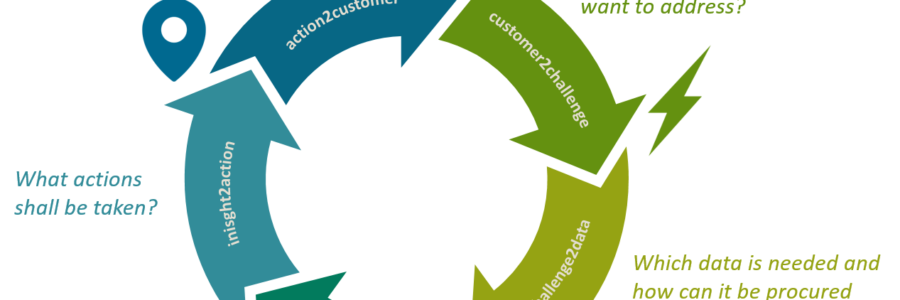
Open Banking and the (Eternal?) Crucial Question: Market-Driven or Regulated?
For a good four years now, open banking has been a topic considered relevant by the Swiss financial industry. This was triggered in particular by the EU regulation PSD2, which became valid for all member states in 2018 and was subsequently implemented. Various players have been working on this topic since then, but implementation is progressing slowly.For this reason, the State Secretariat for International Financial Matters (SIF) feels compelled to make a clear announcement. Regulation seems to be getting closer.
Continue reading »

















